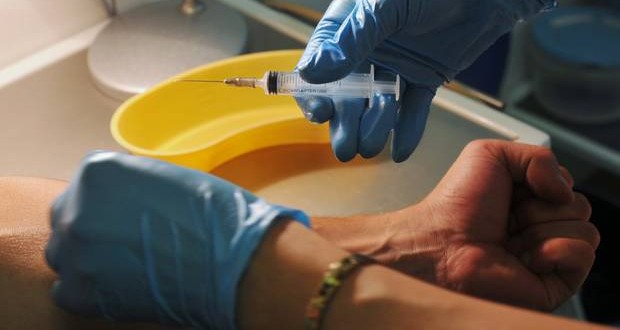New test reveals biological age and could predict the onset of Alzheimer’s.
The British team have come up with a test which calculates how fast a person’s body is ageing, working out their ‘biological age’ compared to their actual age. The scientists believe this is important, as people who are biologically older than their years can be at more risk of dementia further down the line.
The team from King’s College London asked 700 apparently healthy 70-year-old volunteers to be tested and their biological ages differed by more than 20 years – from younger than 60 to older than 80.
The test gave each person an ‘ageing score’ based on genetic markers found in their blood. Because of how much age can vary when looked at from a biological standpoint, the scientists hope it will change the way doctors look at age when giving medical advice and making decisions about treatment and medication.
“We use birth year, or chronological age, to judge everything from insurance premiums to whether you get a medical procedure or not,” said Professor James Timmons, who led the research. “Most people accept that all 60-year-olds are not the same, but there has been no reliable test for underlying biological age. Our discovery provides the first robust molecular signature of biological age in humans and should be able to transform the way that “age” is used to make medical decisions.”
As well as helping change the way medical staff approach dealing with dementia, the team also think the test could be an invaluable tool for finding kidney donors. Doctors currently use age as a way of assessing if someone is suitable to donate their organ, but using biological age could make the process even more accurate.
Agencies/Canadajournal
 Canada Journal – News of the World Articles and videos to bring you the biggest Canadian news stories from across the country every day
Canada Journal – News of the World Articles and videos to bring you the biggest Canadian news stories from across the country every day



